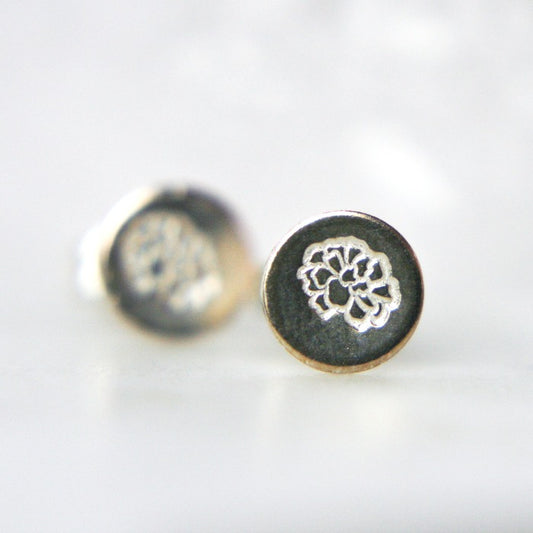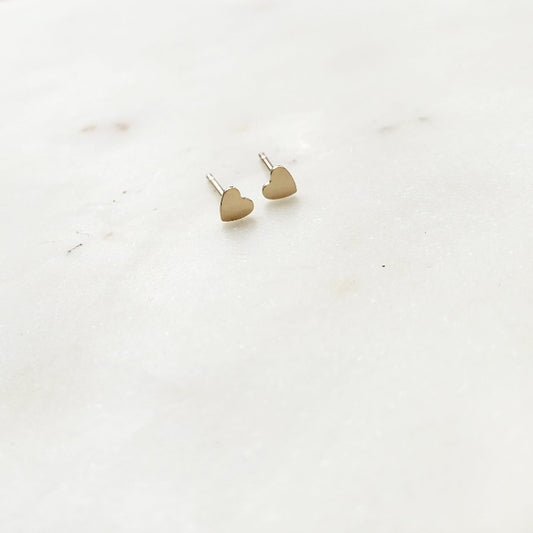In an era of increased awareness about environmental and social impact, the demand for sustainable and ethically sourced products has grown significantly. When it comes to jewelry, handmade pieces have emerged as a beacon of sustainability, embodying values of ethical practices, responsible sourcing, and craftsmanship. In this blog post, we explore how handmade jewelry supports sustainable practices, promotes ethical standards, and contributes to a more conscious and environmentally friendly industry.
- Ethical Sourcing of Materials:
Handmade jewelry artisans often prioritize ethically sourced materials, including gemstones and metals. They establish direct relationships with suppliers who adhere to fair trade practices, ensuring that the materials used in their creations are obtained responsibly and without causing harm to people or the environment. By supporting these artisans, customers can be confident that their jewelry is free from conflict materials or unethical practices.
- Support for Artisan Communities:
Handmade jewelry often involves collaboration with artisan communities from different parts of the world. These communities, often in developing regions, rely on their craftsmanship to sustain their livelihoods. By purchasing handmade jewelry, customers directly support these artisans and their families, providing them with fair wages and empowering them to continue practicing their traditional skills.
- Limited Environmental Impact:
Unlike mass-produced jewelry, handmade pieces typically have a smaller environmental footprint. Artisans often employ sustainable practices such as recycling and upcycling materials, reducing waste, and minimizing energy consumption during the production process. The emphasis on quality over quantity ensures that each piece is carefully crafted with attention to detail, reducing the need for excessive production and minimizing environmental impact.
- Preservation of Traditional Craftsmanship:
Handmade jewelry celebrates the art of traditional craftsmanship that has been passed down through generations. By embracing and preserving these traditional techniques, artisans contribute to the cultural heritage of communities around the world. This emphasis on craftsmanship, rather than relying on automated machinery, supports sustainable practices and promotes a more authentic and unique jewelry-making industry.
- Unique and Timeless Pieces:
Handmade jewelry offers customers the opportunity to own unique and timeless pieces that transcend trends and mass-produced designs. Artisans infuse their creativity, skill, and personal touch into each piece, resulting in jewelry that carries a sense of individuality and exclusivity. By investing in handmade jewelry, customers not only acquire a beautiful piece but also become part of the story behind its creation.
- Longevity and Durability:
Sustainability is closely tied to the concept of longevity. Handmade jewelry is often crafted with a focus on durability, ensuring that each piece stands the test of time. Artisans take pride in creating jewelry that can be passed down through generations, reducing the need for frequent replacements and minimizing the overall environmental impact of the industry.
- Transparent Supply Chains:
Handmade jewelry artisans often maintain transparent supply chains, allowing customers to trace the origins of materials used in their pieces. This transparency fosters trust and enables customers to make informed choices based on their values and ethical considerations. It empowers consumers to support artisans who prioritize sustainable practices and ethical sourcing.
Handmade jewelry plays a vital role in promoting sustainability and ethical practices within the jewelry industry. By supporting artisans who prioritize ethical sourcing, support artisan communities, reduce environmental impact, preserve traditional craftsmanship, and create timeless pieces, customers can embrace a more conscious approach to jewelry consumption. With handmade jewelry, every piece becomes a symbol of support for ethical practices, responsible sourcing, and the celebration of skilled artisans around the world.




